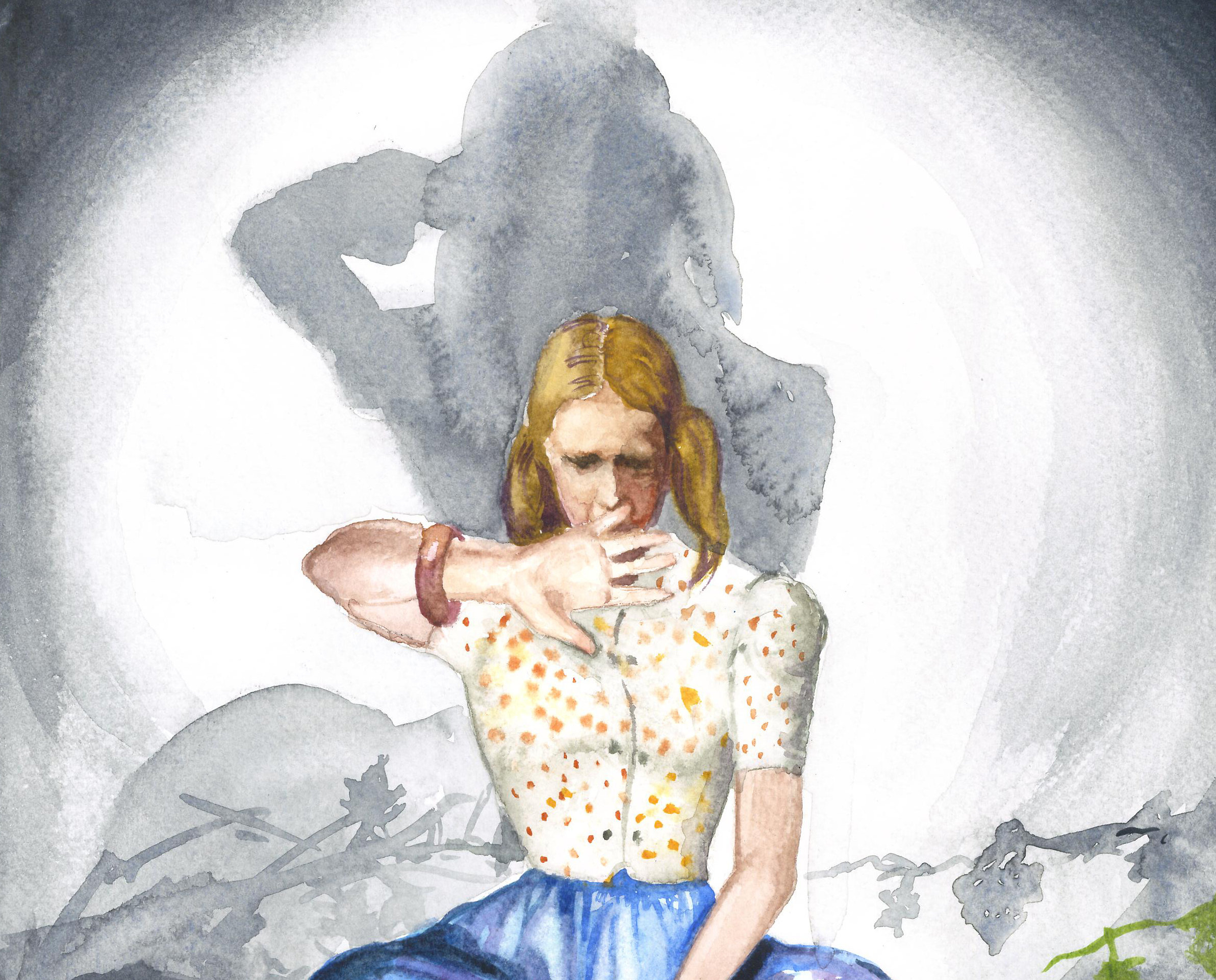Overview
Schizophrenia can be defined as a severe mental disorder which affects behaviours, thoughts and emotions. You may only notice the first symptoms around teenage or adult years, but it actually begins a lot earlier in life. 1
Men are likely to start showing symptoms between 15-25 years of age, whereas this normally happens later in life for women (35-45). However, schizophrenia is diagnosed consistently across genders and cultures. 2
Over 21 million people are living with schizophrenia worldwide, and it’s more common in men than women.3
Causes and symptoms
Ultimately, the definitive cause of schizophrenia is unknown. There are, however, several elements which are known to play a role, for example: pre-birth factors, drug use and social factors.4–7
Lifestyle factors were also linked to an increased risk of developing schizophrenia. For example, cannabis use4, or social factors such as growing up in a big city, or highly emotional events in one’s life, were linked to the disorder. 5-7
The relationship between cannabis use and psychosis has been extensively studied. There are researches suggesting cannabis both increases the likelihood of schizophrenia, and that the subjects with the mental disorder tend to use marijuana more and those who are predisposed to psychosis are also more likely to use marijuana than the general population.13 A very recent paper from 2019 published in the Lancet claims that 30% of first-episode psychosis experiences in London and 50% of those in Amsterdam could be prevented if high-potency cannabis were not available in those cities.14
The risk of schizophrenia is higher within families, partly because there could be genetic factors underlying schizophrenia.6,7,9 However, the impact of genes also depends on their interaction with the environment, so genetics alone can’t be directly linked to developing schizophrenia.6
Some physical anomalies in brain anatomy and function could also impact the occurrence of the disorder. 10
Research has shown that in people living with schizophrenia, brain development is affected in their teenage years.10 This appears to happen in two possible ways:
Neurons in the brain are connected in networks that are important for brain function and development. In the front area of the brain, called prefrontal cortex, the outer neural branches (called synapses and dendritic spines) may undergo excessive “pruning”, which disrupts the normal connections within the network. Pruning is a routine phenomenon, but it however heightened in people with schizophrenia. 6
Neurons communicate with each other using neurotransmitters, which are chemicals that carry messages in the brain. Poor regulation of neurotransmitters may lead to impaired message transmission and impact brain development. In people living with schizophrenia, some neurotransmitters seem to have unusual activity: dopamine, serotonin and glutamate. 6,11
The ICD-10 Classification of Mental and Behavioural Disorders
References
- ICD-10 Classification of Mental and Behavioural Disorders https://icd.who.int/browse10/2016/en#/F20. Accessed July 2019
- Mathews M. Schizophrenia and Acute Psychosis. August 2013
- WHO schizophrenia fact sheet https://www.who.int/news-room/fact-sheets/detail/schizophrenia. Accessed July 2019
- Haller CS, Padmanabhan JL, Lizano P, Torous J, Keshavan M. Recent advances in understanding schizophrenia. F1000Prime Rep. 2014 Jul 8;6:57. doi: 10.12703/P6-57. eCollection 2014. Review.
- Klosterkötter J, Schultze-Lutter F, Bechdolf A, Ruhrmann S. Prediction and prevention of schizophrenia: what has been achieved and where to go next? World Psychiatry. 2011;10(3):165–174.
- Sullivan PF, Kendler KS, Neale MC., Schizophrenia as a complex trait: evidence from a meta-analysis of twin studies. Arch Gen Psychiatry. 2003 Dec;60(12):1187-92.
- McGuffin P. Nature and nurture interplay: schizophrenia. Psychiatr Prax. 2004 Nov;31 Suppl 2:S189-93.
- https://www.bbc.co.uk/news/health-12617495 [Accessed July 2019]
- Kety SS. Arch Gen Psychiatry 1994;51(6):442-55
- https://www.nhs.uk/conditions/schizophrenia/causes/ [Accessed July 2019]
- Brisch et al. The Role of Dopamine in Schizophrenia from a Neurobiological and Evolutionary Perspective: Old Fashioned, but Still in Vogue Front Psychiatry. 2014; 5: 47
- NIH. Mental Health Information. Schizophrenia. https://www.nimh.nih.gov/health/topics/schizophrenia/index.shtml Accessed July 2019
- Psychol Med. 2017 Apr;47(5):971-980. doi: 10.1017/S0033291716003172. Epub 2016 Dec 8. Assessing causality in associations between cannabis use and schizophrenia risk: a two-sample Mendelian randomization study. Gage SH, Jones HJ, Burgess S, Bowden J, Davey Smith G, Zammit S, Munafò MR.
- The Lancet Psychiatry, VOLUME 6, ISSUE 5, P427-436, MAY 01, 2019. The contribution of cannabis use to variation in the incidence of psychotic disorder across Europe (EU-GEI): a multicentre case-control study. Marta Di Forti, PhD , Diego Quattrone, MD, Giada Tripoli, MSc,Charlotte Gayer-Anderson, PhD, Harriet Quigley, MD et al
About the symptoms of schizophrenia
People with schizophrenia may present a variety of symptoms, which may impact upon their quality of life.¹ These symptoms usually start at a young age, between
more…Schizophrenia: Myths and Truths
You might already have some preconceptions about schizophrenia, but do you know the myths from the truths? Explore common myths about schizophrenia and the trut
more…


